How are UK supermarkets tackling plastic pollution and food waste?
With increased awareness of the impact plastic pollution is having on our planet, many of us are doing our best to change our habits.
But, when it comes to doing our weekly shop in a supermarket, avoiding plastic packaging can feel near impossible.
Experts believe that UK supermarkets are producing 810,000 tonnes of single-use plastic every year.
This is in addition to over 1.1 billion single-use bags, 958 million “bags for life” and 1.2 billion plastic bags for fruit and vegetables, which supermarkets produce annually, the Environmental Investigation Agency and Greenpeace UK states.
But, plastic food packaging does serve a purpose, helping protect food from damage and helping it last longer, which are both important for reducing food waste.
It is, however, important for consumers to know just how much of the UK’s supermarket packaging is recyclable and how to dispose of it correctly.
In April 2018, nearly all of the UK’s major supermarket chains signed up to the UK Plastics Pact, which aims to tackle plastic waste.
Here, we take a look at what some of the country’s biggest stores are doing to tackle plastic pollution and food waste.
Aldi
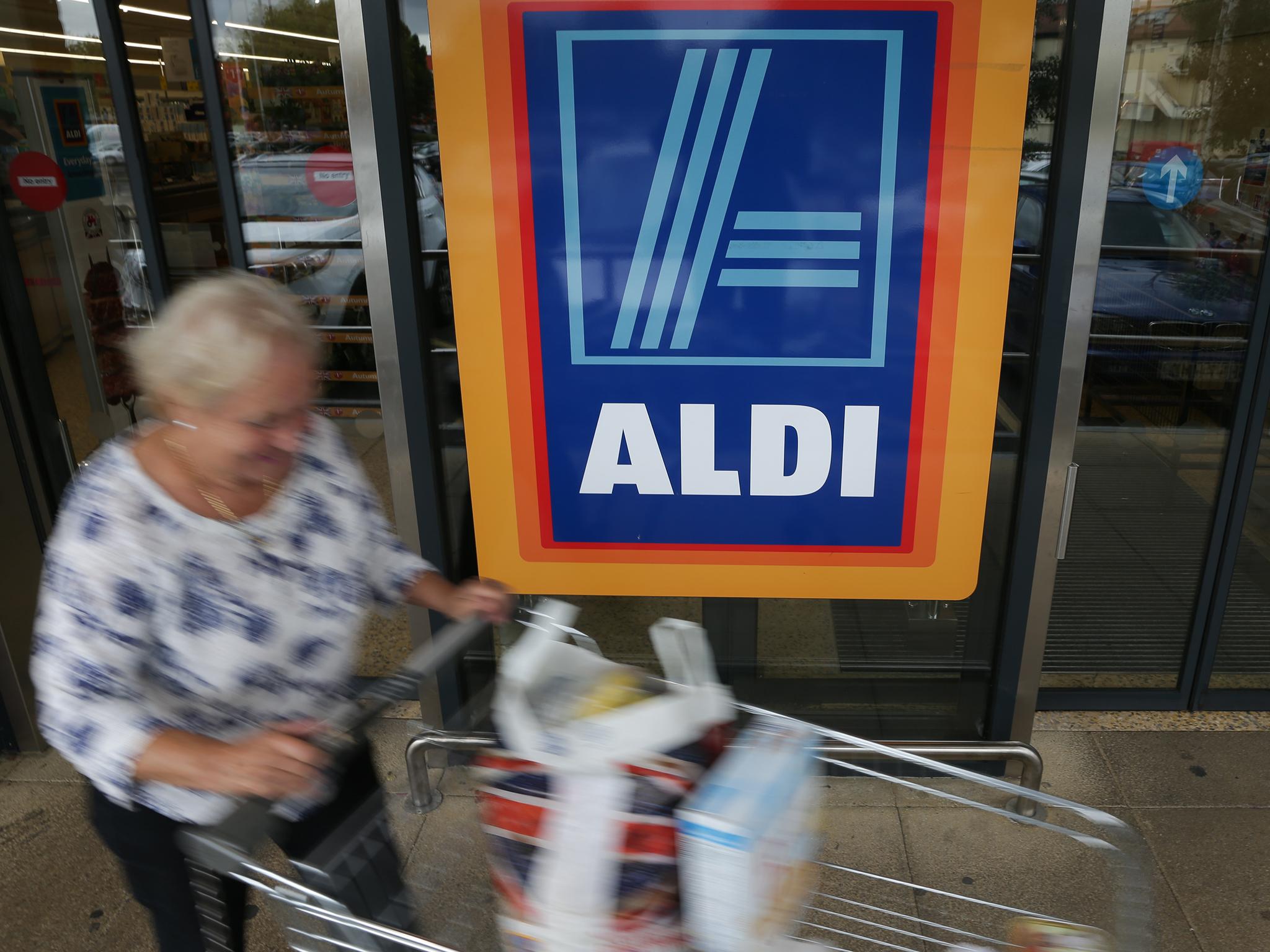
German supermarket chain Aldi has pledged to make all of its own-label packaging recyclable, reusable or compostable by 2022.
It also aims to reduce packaging by 50 per cent by 2025 and has stopped selling 5p plastic bags from all of its stores across the UK.
The budget supermarket aims to get rid of 80 million bags from circulation every year by imposing this ban.
Asda

In September 2018, Asda pledged to remove plastic from its stores where possible, revealing it would get rid of 5p plastic bags from its stores by the end of the year.
The supermarket has also vowed to replace the polystyrene boards on all fresh pizzas with cardboard, a move it says will eliminate 178 tonnes of polystyrene.
Asda also plans to launch a zero profit re-usable coffee cup and replace 2.4m plastic drinking straws in its cafes with paper alternatives.
Iceland
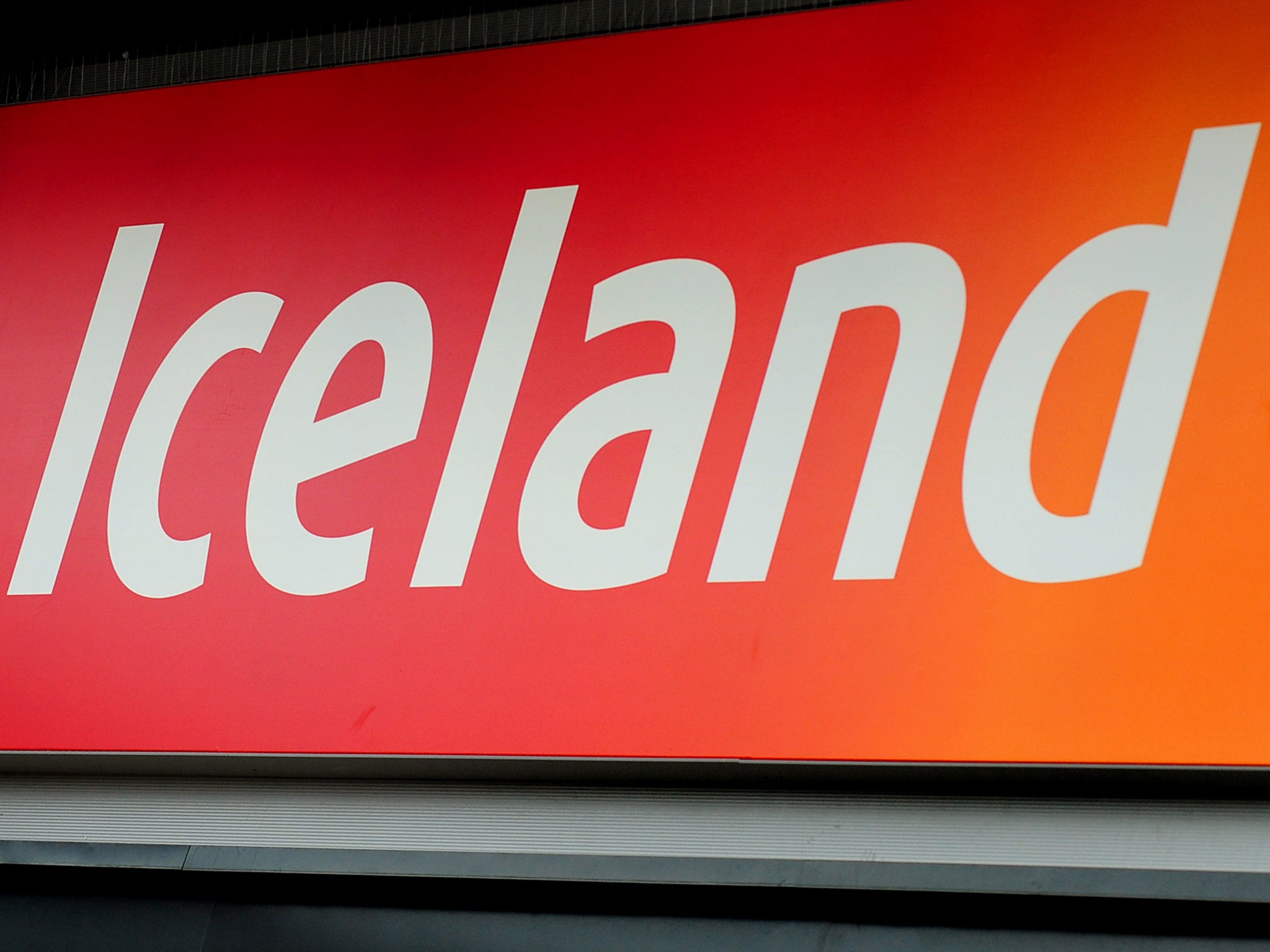
Iceland has pledged to eliminate plastic packaging from its own label range by 2023.
In February 2019, the supermarket announced plans to bring back the traditional greengrocer with packaging-free fruit and vegetables.
The trial, which launched in one of Iceland’s larger stores – The Food Warehouse in North Liverpool – aimed to see 35 items sold loose and 27 lines sold in plastic-free packaging such as compostable punnets, paper bags and cellulose nets.
In June 2018, Iceland also introduced a plastic bottle recycling scheme in four of its stores across the UK whereby consumers were rewarded with a 10p voucher for every deposit.
Figures showed that 311,500 plastic bottles had been recycled in just seven months as a result of the reward scheme, with shoppers earning the equivalent of more than £30,000 in total.
Lidl
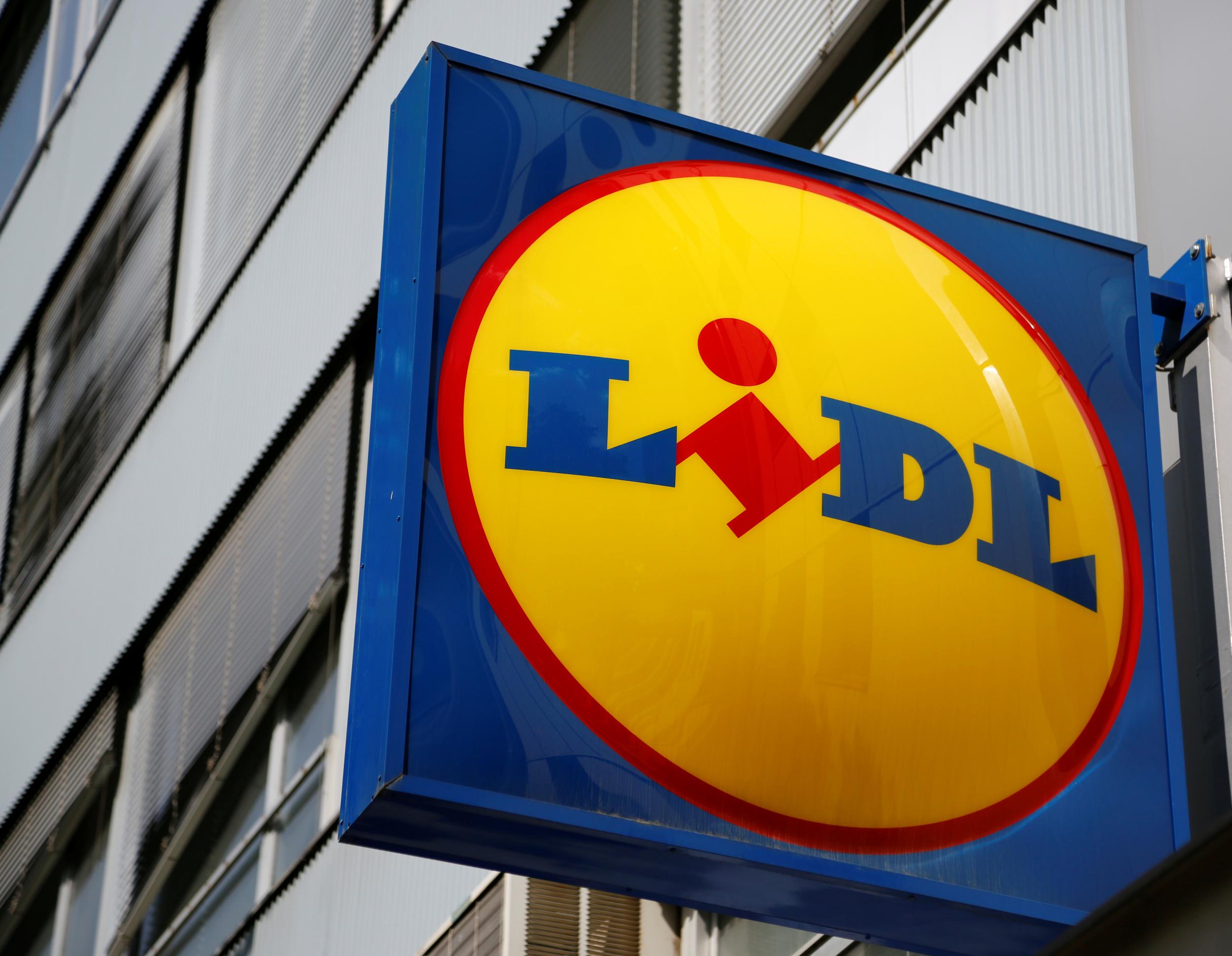
This week, Lidl announced that its £1.50 Too Good To Waste boxes – which contain slightly damaged fruit and vegetables – would be launching across the country.
The supermarket began a six-month trial of the scheme in a number of stores in August 2018. Over the last six months, Lidl has extended the program to 122 stores in England.
So far, the company says it has sold more than 50,000 Too Good To Waste boxes, and prevented 250 tonnes of food going to waste.
Lidl has also pledged to reduce plastic packaging by 20 per cent by 2022.
Morrisons

In January, Morrisons raised the cost of its plastic bags to 15p and introduced a new paper version in a trial aimed at reducing plastic use across the company.
Morrisons said the new bags were being launched in response to customers stating that reducing plastic is their top environmental concern.
The supermarket has also said it will work with suppliers to avoid the use of mixed polymers wherever possible.
Sainsburys
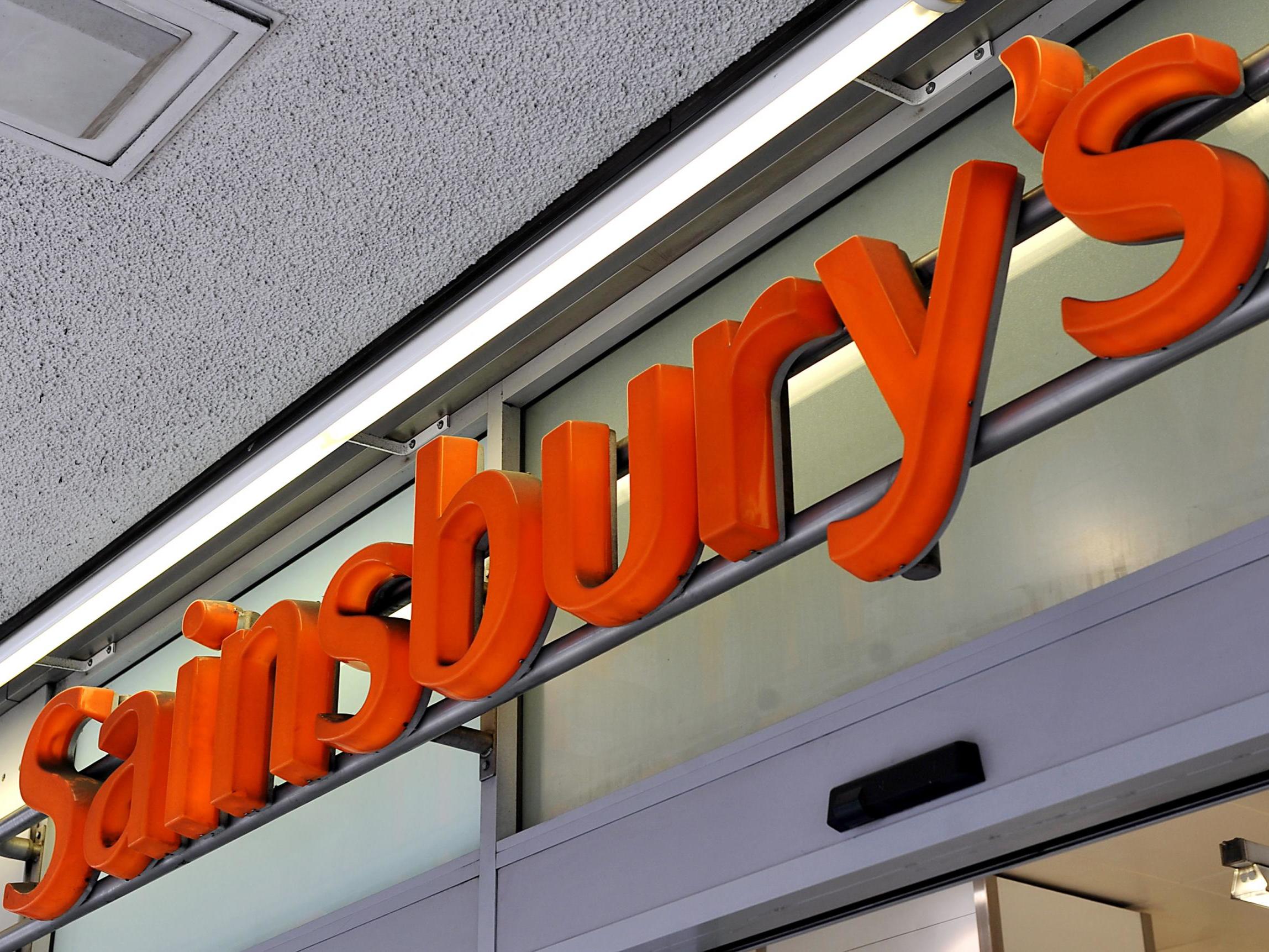
Sainsburys has reduced its own brand packaging by 35 per cent since 2005 and revealed that nearly 40 per cent of its packaging already uses recycled materials.
Tesco

Tesco recently announced that it is launching a trial to remove a selection of plastic-wrapped fruit and vegetables in a bid to cut down on packaging waste.
On Monday 25 March, the UK supermarket is running a month-long pilot programme at two of its Extra stores, in Watford and Swindon.
The trial will see the company remove plastic packaging from 45 food products where loose alternatives are available.
The supermarket has also vowed to ensure that all paper and board used will be 100 per cent sustainable by 2025, and aims to halve packaging weight by 2025 compared to 2007.
Waitrose
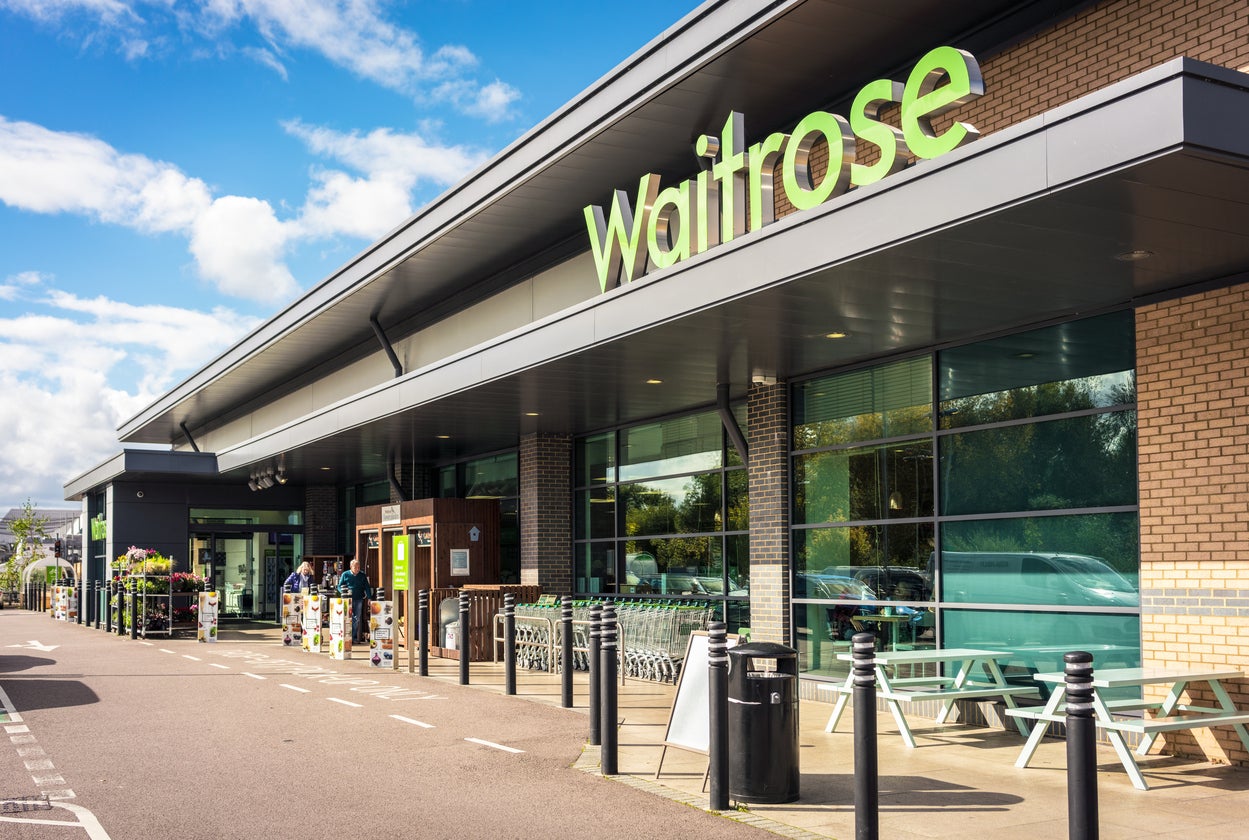
Waitrose has said it is committed to stop using black plastic packaging for all own label goods by the end of 2019.
It also no longer sells single use plastic straws and has removed all takeaway disposable coffee cups from its shops, saving more than 52 million cups a year
Join our commenting forum
Join thought-provoking conversations, follow other Independent readers and see their replies
Comments
Bookmark popover
Removed from bookmarks